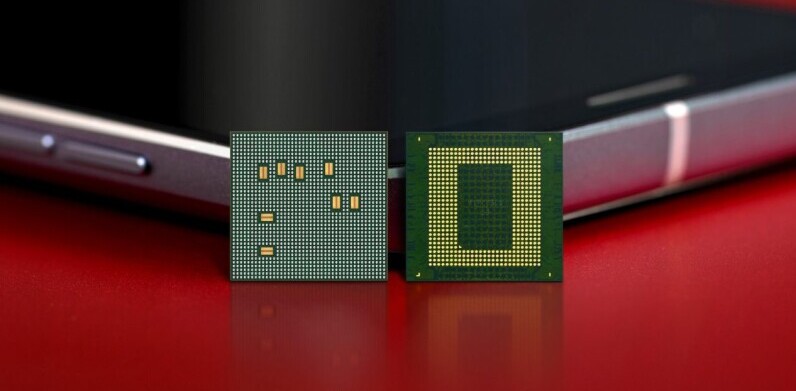
Qualcomm today unveiled its next flagship mobile processor, the Snapdragon 855. Get ready to see that number in nearly every high-end phone released next year.
As with Apple’s A12 bionic and Huawei’s Kirin 980, the 855 moves Qualcomm down to a 7nm manufacturing process, which basically means more transistors per chip, and faster performance. The last time Qualcomm changed transistor sizes was when it jumped from the 14nm Snapdragon 821 to the 10nm 835 back in 2016.
Naturally, this will equate to better performance and/or battery life, depending on how manufacturers choose to incorporate the chip. Qualcomm, for its part, says the chip will provide “up to three times” the AI chops of its predecessor.
Practically speaking, that means better performance for things like image processing and natural language recognition. In fact, the company has even included a separate computer vision processor in the chip, which should help improve images further. Google, for instance, has its Intel-made Visual Core chip to help speed up image processing on the Pixel 2 and 3.
Other highlighted abilities include 4K HDR video capture, improved AR chops, and real-time voice translation.
But it’s not just performance. The 855 platform includes a new X50 modem that will enable 5G performance in next year’s flagships. It appears the modem is optional though, so it depends on whether manufacturers choose to incorporate it.
Lastly, Qualcomm also introduced a 3D Sonic Sensor – its own take on the under-display fingerprint sensor as seen on the OnePlus 6T and Huawei P20 Pro. The company didn’t provide much more info other than to say it can work through screen protectors and is more secure than other systems.
Qualcomm announced the new products at its Tech Summit in Maui; we’ll find out more as the conference continues.
Via Anandtech
Get the TNW newsletter
Get the most important tech news in your inbox each week.




